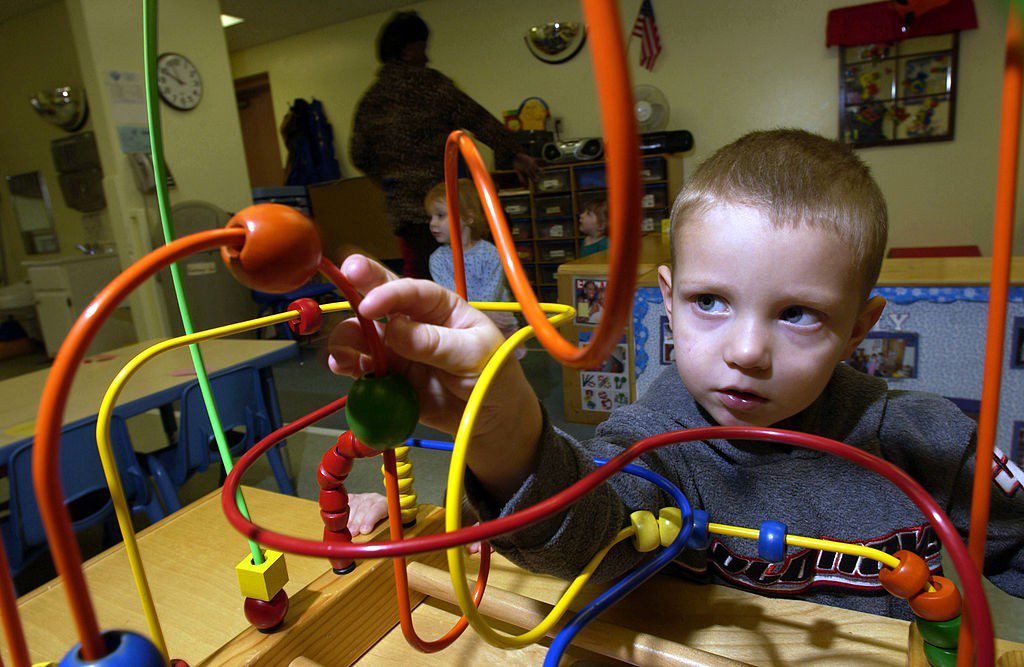
It’s International Women’s Day today – an occasion that Americans were pretty indifferent to, in our pre-social media days. But now Facebook wanted to be danged sure we knew about the day, so here are three observations.
One.
In my twitter feed earlier today, a comment that in, in recognition of International Women’s Day, we Americans need to step up, via the federal government, our subsidies of child daycare, so that mothers of young children boost their labor force participation rates. Which is not a new line of argumentation; back last summer, for instance, the Center for American Progress put out what the called the “child care calculator,” which purported to show the cumulative financial cost of women sacrificing some number of years of their working lifetime to caring for their children.
But here’s something else what we’re missing, a different sort of stepping up: women are disadvantaged as a result of some number of years of stay-at-home parenting not because it’s the natural order of things, but because employers are unwilling to hire nontraditional workers, preferring fresh college graduates, for white collar jobs, to mothers returning to the workforce, or middle-age job changers, or even aging, but not yet retired workers — or, worse, refusing to consider nontraditional workers, then complaining that there is a shortage of qualified workers.
Two.
An Iranian woman who publicly removed her veil in protest against Iran’s compulsory headscarf law has been sentenced to two years in prison, the judiciary said on Wednesday.
according to a report in The Guardian, and elsewhere.
This is, it seems to me, much more the point of the IWD commemorations.
Three.
Back in my early blogging days, well before the Trump vs. Clinton face-off, I speculated that it wasn’t just coincidence that the two female leaders of large economically powerful countries, thus far, were from their countries’ conservative parties. In one respect, the post doesn’t appear to have aged well: Margaret Thatcher was unmistakably conservative, but Angela Merkel’s fiscal conservatism at the time has been forgotten in view of her welcome of Arab/Muslim migrants.
Was my theory that a future female American president would be conservative, disproven by Hillary Clinton’s near miss? Consider the fact that lots of women were excited about Clinton’s nomination, but I didn’t really hear of women reporting, “I usually vote Republican, but for the sake of electing a woman, I’ll change” — though, of course, the very fact that Clinton’s opponent was Trump means that it’s difficult to read much of anything into it.
But what if the female candidate were a Republican — say, Nikki Haley, for instance? It seems to me that Democratic women, or Democrats in general, are more likely to be excited by women’s officeholding gains. Are they more likely to cross party lines to vote for a candidate, because that candidate is a woman, than their Republican counterparts are, giving female Republican candidates a boost? Or, as I wrote back in 2014, does the abortion litmus test mean that a Republican female candidate will be viewed by Democrats as a “traitor to her sex”?
Image: https://commons.wikimedia.org/wiki/File%3AHOUSEWIFE_IN_THE_KITCHEN_OF_HER_MOBILE_HOME_IN_ONE_OF_THE_TRAILER_PARKS._THE_TWO_PARKS_WERE_CREATED_IN_RESPONSE_TO…_-_NARA_-_558298.jpg; By Villalobos, Horacio, Photographer (NARA record: 8464479) (U.S. National Archives and Records Administration) [Public domain], via Wikimedia Commons











